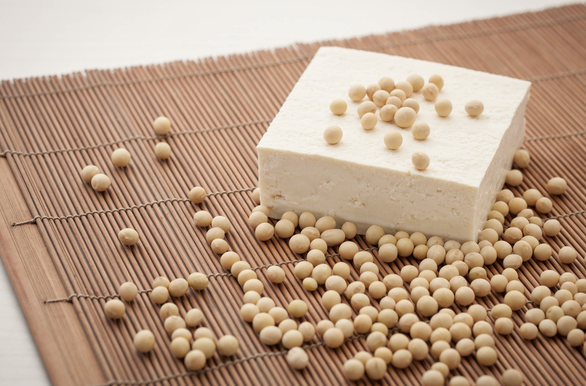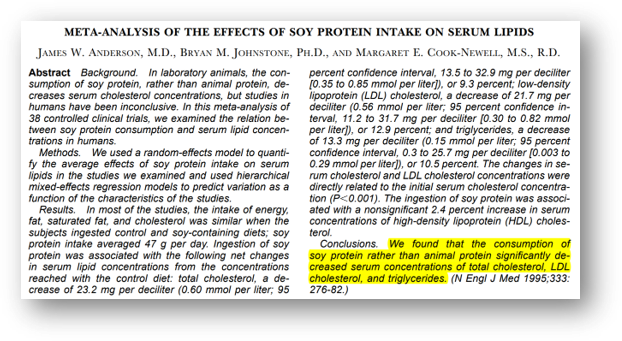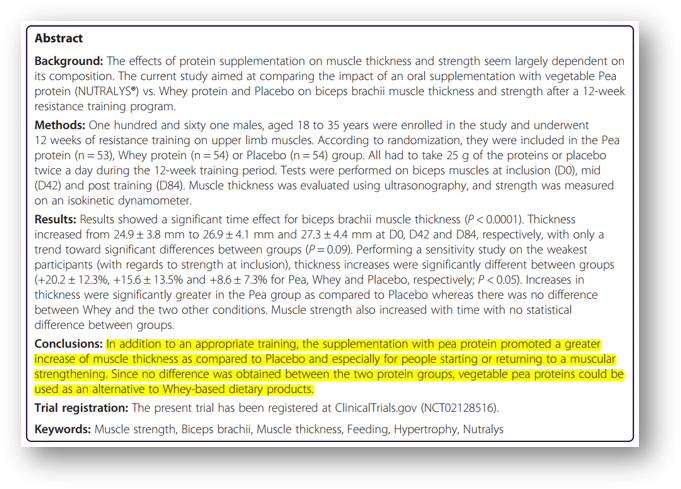Plant-based proteins are also proteins

Hello. I'm a pharmacist Jinny.
Protein supplements were once the preserve of athletes and fitness people, but in recent years, it seems that people of all ages are consuming them in large numbers. This is because protein is also necessary for dieting and muscle maintenance for middle-aged and elderly people.
When it comes to types of proteins, they can be broadly divided into animal proteins and plant proteins. People who are lactose intolerant or are concerned about the cholesterol and saturated fat that are inevitable when eating animal protein, or the residues of hormones introduced during the breeding process, are turning to plant-based proteins. However, there is also a perception that plant-based proteins lack essential amino acids, making it difficult to build muscle.
So, today, we're going to look at the benefits of eating plant-based protein compared to animal protein, and whether it can help build muscle.
Typical sources of animal protein include meat, eggs, and milk. So, as I mentioned earlier, when you eat animal protein, you have no choice but to consume cholesterol or saturated fat.
As early as 1995, a meta-analysis was published in the New England Journal of Medicine, an SCI-level journal, on the effects of replacing animal protein with plant protein on serum lipids [1].

"We found that consumption of soy protein over animal protein significantly reduced serum concentrations of total cholesterol, LDL cholesterol, and triglycerides."
The most common sources of plant-based protein are legumes such as peas and soybeans. In particular, pea protein is characterized by a high content of BCAAs (leucine, isoleucine, and valine), which are important for muscle building, and rich in dietary fiber. And unlike soy protein, it's allergen-free, so you don't have to worry about allergies.
In 2015, the Journal of the International Society of Sports Nutrition, an SCI-level journal, published a study comparing the effects of pea protein and whey protein intake on muscle thickness gains during muscle training. The increase in muscle thickness was somewhat higher in the pea protein group, 20.2 ± 12.3% in the pea protein group and 15.6 ± 13.5% in the whey protein group, and the researchers reported the following conclusions [2]:

"In addition to proper training, pea protein supplementation promoted a greater increase in muscle thickness, especially in those who were starting or trying to regain muscle strength, compared to placebo. Since there was no difference between the two protein groups (pea protein and whey protein), plant-based pea protein can be used as an alternative to whey-based dietary products."
Today, we're going to look at plant-based proteins through research. While plant-based proteins have the above health benefits, they may be deficient in essential amino acids compared to animal-based proteins, so it may be beneficial to combine two or more plant-based proteins. In fact, of the nine essential amino acids, cereals and nuts are deficient in lysine, while legumes and vegetables are deficient in methionine. Therefore, if you combine cereal and legume proteins, you will be able to get essential amino acids in a more balanced way.
I hope you have a healthy day in body and mind. It was Jinny.
[1] Anderson, J. W., Johnstone, B. M., & Cook-Newell, M. E. (1995). Meta-Analysis of the Effects of Soy Protein Intake on Serum Lipids. New England Journal of Medicine, 333(5), 276–282.
[2] Babault, N., Païzis, C., Deley, G., Guérin-Deremaux, L., Saniez, M.-H., Lefranc-Millot, C., & Allaert, F. A. (2015). Pea proteins oral supplementation promotes muscle thickness gains during resistance training: a double-blind, randomized, Placebo-controlled clinical trial vs. Whey protein. Journal of the International Society of Sports Nutrition, 12(1), 3.


![[Plant-based protein benefits] Can't get muscle? Misconceptions about plant-based proteins](http://esther-mall.com/cdn/shop/articles/15.jpg?v=1733988339&width=480)
![[ParActin(R)] from joint pain to fever · Until pain, 3 benefits of natural anti-inflammatory Tianxiang Lotus Extract](http://esther-mall.com/cdn/shop/articles/14.jpg?v=1733988097&width=480)
![[Inositol Efficacy] Essential for women of childbearing age, 3 benefits of Inositol](http://esther-mall.com/cdn/shop/articles/16.jpg?v=1733988678&width=480)
Comments (0)
There are no comments for this article. Be the first one to leave a message!